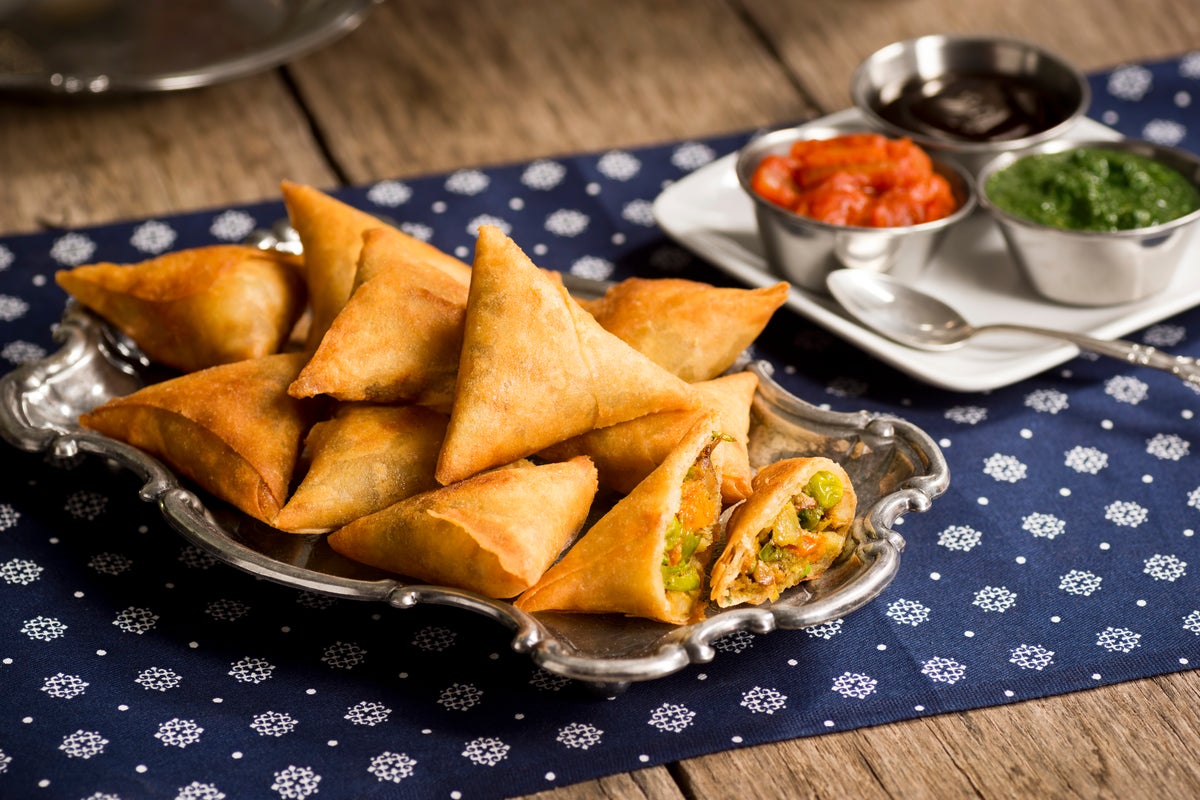India Issues Health Warnings for Popular Street Foods like Samosas and Jalebis

Addressing Health Concerns Through Food Labeling
The Indian government is taking a significant step towards raising public awareness about the health implications of certain popular snacks. This initiative involves introducing health warnings for beloved Indian foods such as samosas and jalebis, aiming to highlight their high content of oil, sugar, and trans fats.
The Food Safety and Standards Authority of India (FSSAI) has identified 14 snack items, including street foods like samosas, pakodas, vada pav, and specific types of biscuits. These snacks will be accompanied by cautionary notices in cafeterias and public venues. While some reports suggested that the food items themselves would carry warning labels, the Union health ministry clarified that the focus is on the display of informational boards. The goal is to serve as a behavioral nudge, making people aware of hidden fats and excess sugar in all food products.
This initiative is already being implemented in state-run facilities such as AIIMS Nagpur. It comes in response to growing concerns over India’s rising burden of lifestyle diseases. Health experts, along with the Indian Council of Medical Research and the National Institute of Nutrition, have supported this move, stating that it aligns with broader efforts to combat non-communicable diseases like diabetes, hypertension, and cardiovascular disease.
Dr. Amar Amale, a cardiologist and head of the Nagpur chapter of the Cardiological Society of India, emphasized that this is the beginning of food labeling becoming as serious as cigarette warnings. He stated, “Sugar and trans fats are the new tobacco. People deserve to know what they're eating.”
Dr. Rajiv Kovil, head of diabetology at Zandra Healthcare, highlighted the impact of these high-calorie snacks on health. He noted that they contribute to obesity, which serves as a gateway to numerous chronic conditions. Additionally, these snacks lead to excessive calorie intake with minimal nutritional value, worsen digestive problems, raise the risk of fatty liver and insulin resistance, and contribute to cognitive decline, mood disorders, inflammation, hormonal imbalance, and a weakened immune system.
According to the International Diabetes Federation, over 77 million Indians live with type 2 diabetes, accounting for roughly 9% of adults. Diabetes-related complications account for nearly 2% of all deaths annually. A study published in the American Journal of Clinical Nutrition found that individuals consuming high levels of refined grains, common in snacks like samosas and jalebis, were nearly eight times more likely to develop metabolic syndrome, which includes risk factors such as high blood pressure, insulin resistance, and abdominal obesity.
The World Health Organization has also flagged trans fats, commonly found in Indian street foods, as responsible for over 77,000 cardiovascular deaths each year in India.
However, the initiative has faced criticism from nutritionists who argue that it unfairly targets traditional Indian foods. Celebrity nutritionist Rujuta Diwekar questioned why processed snacks continue to be consumed without warnings. She emphasized that ultra-processed food products are the real problem, calling for regulation and taxation of large food corporations.
Milind Deora, an MP, noted that the Parliamentary Subordinate Legislation Committee is reviewing FSSAI's plans to tackle India’s growing obesity crisis. He advocated for uniform regulations across all food categories, ensuring that Indian food is not unfairly targeted while multinational corporations continue to market Western junk food unchecked.
Reactions from the public have been mixed. Some view the warnings as overdue, while others question whether the signs will truly change eating habits or stigmatize comfort foods. Writer Kiran Manral suggested that similar warnings should be applied to packaged foods, pizzas, burgers, and soft drinks. Another individual on X pointed out that jalebis and samosas are indulgences, not necessarily healthy, but do not fit into the same category as products requiring health warnings.

Post a Comment for "India Issues Health Warnings for Popular Street Foods like Samosas and Jalebis"